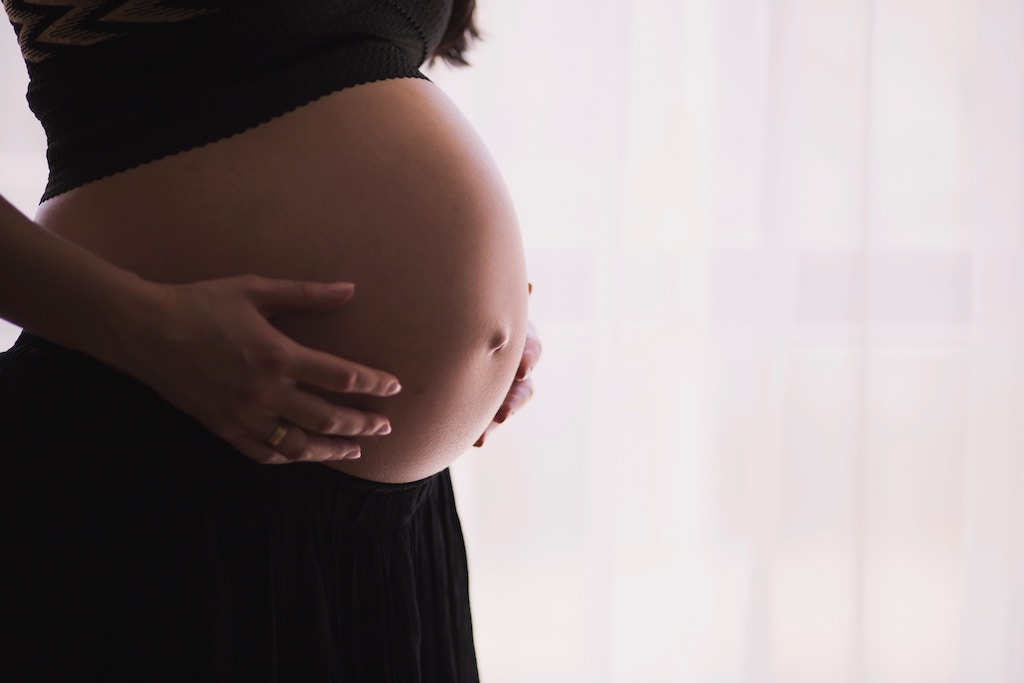SingaporeMotherhood | Pregnancy
February 2019
Iron Deficiency Anaemia in Pregnancy could be Dangerous for You and your Baby

Pregnant women are more prone to iron deficiency anaemia and it could be dangerous for your baby too, so get a healthy dose of iron to prevent it from happening to you if you are expecting.
In general, women are more prone to iron deficiency than men. But did you know that pregnant women have an even higher chance of becoming anaemic because of iron deficiency? According to a 2011 WHO study, an estimated 28 per cent of Singaporean women aged 15 to 49 years had anaemia while pregnant, with iron deficiency being the leading contributor to such cases. On average, the prevalence of iron deficiency anaemia in Singapore is about 15 per cent, says KK Women’s and Children’s Hospital.
[banner][/banner]
The Lowdown on Iron Deficiency Anaemia (IDA)
Simply put, you have iron deficiency anaemia (IDA) when your diet lacks iron. Because there is insufficient iron, your body cannot form healthy red blood cells. It is said that women get IDA more easily than men because women experience menstrual blood loss every month.
“While a prevalent myth among the Chinese is that menstrual blood is dirty blood that should be discarded, menstrual blood is still blood that contains iron,” says Dr Lee Keen Whye, Consultant Obstetrician and Gynaecologist at the SOG – KW Lee Clinic for Women at Gleneagles Medical Centre. “Hence, if a woman loses too much menstrual blood, her body will lack the iron to form healthy red blood cells.”
And you Need More Iron while Pregnant
Anaemia is also more prevalent in women because of pregnancy, and it is while pregnant that you have to be more careful about your iron intake. Here’s why:
When a woman is pregnant, her body’s demand for iron increases as it grows in size. In addition, the growing foetus also requires iron to form healthy red blood cells. Hence “the mother will need to transfer additional iron to the foetus,” says Dr Lee.
In addition, during pregnancy, your blood volume expands to accommodate the bodily changes associated with pregnancy, adds Dr Freda Khoo, a Consultant at the Department of Obstetrics and Gynaecology, KK Women’s and Children’s Hospital. However, the amount of iron in the blood does not increase proportionately with the amount of increase in blood volume. “This leads to a lower ratio of red blood cells in the total blood volume, and may lead to iron deficiency anaemia,” Dr Khoo explains.
Finally, iron deficiency anaemia is also more common in women who have closely-spaced pregnancies as they may not have had adequate time to replenish the amount of iron lost through blood loss before the next delivery, cautions Dr Khoo.
Iron Deficiency Anaemia can Affect your Baby too
IDA can affect Baby too, if the mum-to-be remains anaemic throughout her pregnancy. Dr Lee explains that the baby can become anaemic too and will be born in poor health. This is because the baby will experience poor growth patterns (i.e. be smaller in size and lighter in weight) even in the womb, and hence be more prone to infections.
IDA can also cause foetal distress which leads to the baby passing motion prematurely in the water bag — obviously not healthy for the baby.
Look out for the Symptoms
Many women are unaware that they suffer from iron deficiency anaemia because the symptoms of IDA are common and often difficult to pinpoint to a specific medical condition. In addition, the symptoms are “vague, and can sound like the usual experiences of a normal pregnancy,” shares Dr Khoo.
Still, it is important to be aware and be alert for IDA as a serious incidence of it could be fatal. A study published in 2018 found that the odds of maternal death are twice as high in those with severe anaemia compared to those without.
Look out for these signs and get tested for iron deficiency anaemia if necessary:
• pale skin
• tiredness
• loss of energy
• difficulty in concentrating
• giddiness
• shortness of breath
• headache
• a sensation of unusually noticeable rapid heartbeat
• leg cramps or fainting spells (in women who are severely iron deficient)
(See also: How to Reduce Swelling (Edema) in Pregnancy)
What’s the Best Way to Prevent IDA?
1. Increase your iron intake
Eat healthily and ensure that there is adequate iron in your diet, especially if you are pregnant, says Dr Khoo. There are two forms of iron in foods – heme and non-heme. Heme iron is better absorbed by the body than non-heme iron.
Sources of heme iron: red meat, liver, chicken and fish
Sources of non-heme iron: egg yolk, green leafy vegetables, iron-fortified breakfast cereals, dried fruits and nuts
“To enhance the absorption of non-heme iron, consume vitamin C-rich foods (namely, fruits and vegetables) at the same meal or take vitamin C supplements,” Dr Khoo advises.
(See also: 24-hour Eating Places to Satisfy those Nocturnal Cravings when you’re Pregnant)
2. Have regular check-ups throughout pregnancy
During the first trimester, your blood test may indicate a normal blood count. However, over the next few months, the foetus will grow and require more nutrition from the mother. Consequently, by the time the mother goes into labour, she might have an unsatisfactory haemoglobin count, also commonly known as low blood count, says Dr Lee.
Women who start labour with a low haemoglobin count may find themselves short of breath and hence unable to push the baby out. If the mother has to undergo an emergency C-section, having an unsatisfactory blood count is dangerous as there could be excessive bleeding during the operation. Hence, it’s important for expectant mums to have their check-ups done on a regular basis, and also to have an additional blood count during the third trimester of pregnancy.
Header image: Source
Featured image: Source
All content from this article, including images, cannot be reproduced without credits or written permission from SingaporeMotherhood.
Follow us on Facebook, Instagram, and Telegram for the latest article and promotion updates.








